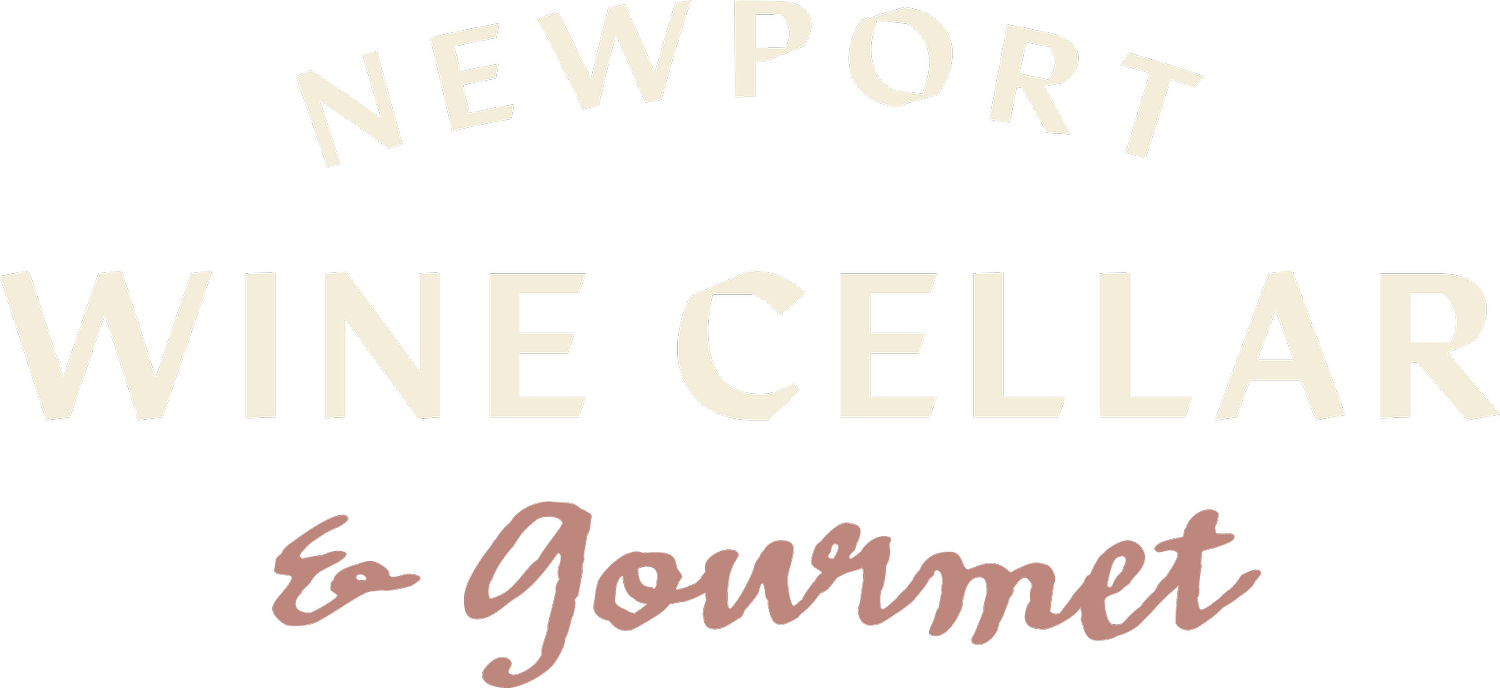Gourt de Mautens
Having now arrived in Paris, I have some time to sit and write a somewhat more thoughtful post about my time at Gourt de Mautens. That is not to say that my other posts were not thoughtful, but often they are written quickly in the moment, and, quite frankly, that is what I like about blogging--the immediacy of it. There a certain spontaneity about that I really like, but then some posts require a little more time to craft. Jerome Bressy deserves that care because it is precisely the way he approaches all aspects of wine making. I was so fortunate to be welcomed to spend a couple of days in the vineyard and in the winery, cutting the grapes and sorting them before they go into the barrel. These are uncomplicated tasks, but it is exciting to think about the bottle of wine that my hands helped to harvest. I will have some time to wait, though, as this process is not quick, albeit a fairly simple one. I say simple, but the meticulous care that Jerome and his workers take is remarkable. From the way that you cut, to the grapes that are included or those discarded, to the sorting in the field and on the table, and the gentle descent into the barrel--no destemming or crushing, all very natural. So simple in that he does not do much in the actual making of the wine, but careful and fastidious in the commitment to keeping it simple and natural.
Jerome harvests biodynamically, which has been explained to me as working with the cycles of the moon in addition to practicing organic farming, though it is more complicated than just that. According to Jerome, when the moon is descending or in "knots," it is a bad time to pick the grapes because they are in some way dormant. (Please keep in mind that this was explained to me in French.) There were several days during the harvest that Jerome chose not to pick because the moon was not favorable. He prefers to keep his yields low, which allows the flexibility to make these choices, but that also means there is only so much wine. The choice here is all about quality: he prefers to make only the very best red and white, and that is all he makes, and in some vinatges a rosé.
Interestingly, this integrity and commitment is not always rewarded, though he is very highly respected, Jerome has met with some challenges in his appellation. In Rasteau, which got its appellation designation in 2006, and only recently gotten its Cru designation, there are strict rules about which grapes can be included in the wines and at what specific percentages, as there are in all appellations in France. Over time, in an effort to make traditional wines of the region, Jerome has reintroduced into his vineyard several very traditional varietals that give his wines very specific qualities, textures, flavors, and complex and subtle nuances. In a sense, these grapes are Rasteau, and Jerome is very serious about being true to his place, so he believes these varietals belong in a wine from Rasteau. The governing members of the appellation, however, have decided to change the percentages, and are enforcing their own ideas on this community--this is a tyranny that Jerome will not abide by. He has removed himself from the appellation to be true to his philosophy. The great irony, of course, is that this very traditional wine maker, in both method and varietal composition, is now a rogue, a revolutionary, and he is forced to deny the very place he loves. But, he has the integrity to do just that.
There are others who have taken these steps, refused to change the quality and method of their wine making in an effort to comply with the rules and regulations of some arbitrary institution, so Jerome joins the ranks of those wine makers whose greatest concern is only the quality of the wine and the integrity of the terroir. This is so clear when you taste his wines; they possess a quality that makes you contemplative, with each sip a different experience, taste, and pleasure which comes from the depth and complexity of the wine.
I addition to making remarkable wine, Jerome and his wide Marie are kind, generous, and incredibly open. I was welcomed like family, fed, included, and given the opportunity to see each part of his process...I even tasted the 2012 white, and it already tastes great. I listened to the red grapes fermenting in the the large wooden barrels, they fizz and pop lightly, as they macerate.
After all this waxing on poetic, I must introduce you to the wines, yes? And, I will. I will host a special Rhone Tasting when I return, watch for an email with the details. You will have the opportunity to try a handful of my favorites from the trip.
